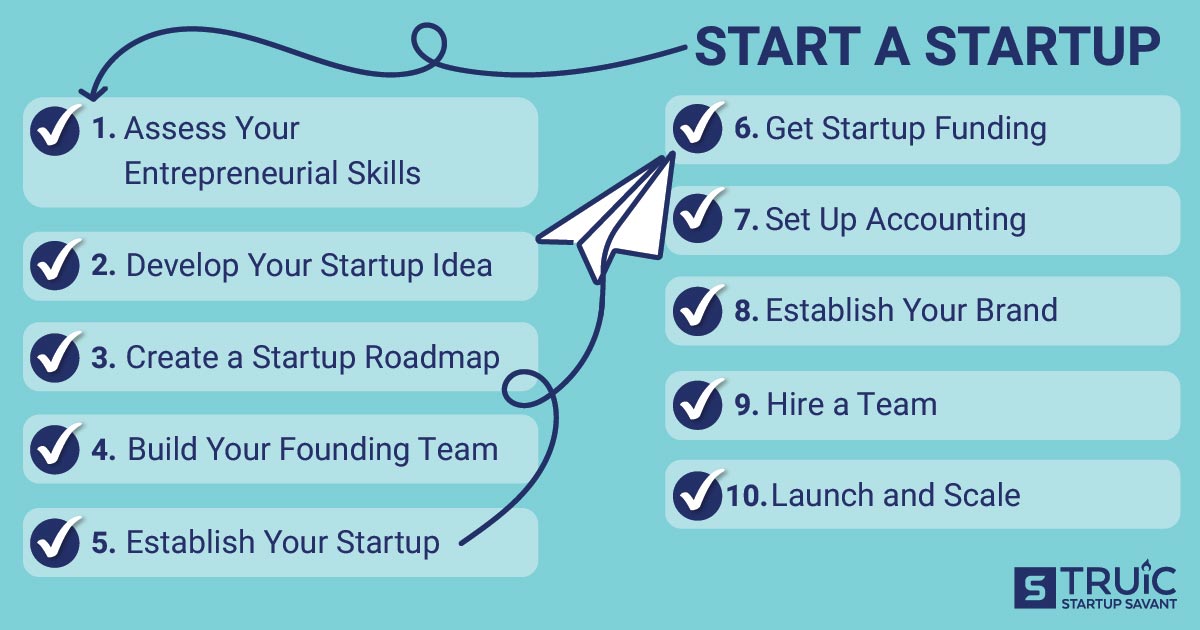Can I get a start-up going by working on it part-time? – StartupSmart
I saw figures recently that showed a big rise in part-time working in Australia.
Given that people can work from home on a business in their spare time, is there any point in quitting your job to concentrate on a start-up full-time?
Or will a business only really succeed and grow if you dedicate all your time to it?
The first and fundamental step is always to know what business you are in and your measures of what it means to be successful in it.
Many home-based operators are really escapees from workplaces that have failed to engage their innovative and creative staff and still have a boss.
A successful transition from part-time to full-time home-based business should be seen in the same way as making the transition from dating and engagement towards a trip down the alter and a formal long-term commitment.
It is easier to undo the former and regret the latter unless you do your homework ahead of failing in a home business.
As I say in my book No Workplace Like Home (p7): “Life is not simply about the dollars and cents. It’s about relationships, personal growth and development and a sense of achievement.”
Many people continue to regard work on someone else’s premises as more “real” than work at home, despite the fact that ‘homeworkers’ are leading a business revolution.
The next step in choosing to go “all-in” is like a poker tournament.
You have to learn the rules of the game, assess the competition and decide how much you’re prepared to invest in any particular plan that you make.
That is why many start-ups keep their full-time job while doing the hard yards of business and market planning, testing the level of effective demand and building a brand presence.
Let’s look at the critical concerns here:
- Part-timers have greater flexibility while doing the home work that makes homework work. Fully committed homeworkers become dependent on a wide range of professional and family supports that need to be locked into the success of the business.
- Going full-on puts all your eggs in one basket rather than offering a slow and steady path to long-term achievement. Part-time delivers a sense of autonomy that can be more readily extended rather than a leap-off the cliff into a sea of turbulence that is hard to reverse if things do not turn out as expected.
- The ultimate key is to decide to reclaim your own power to make changes and choices about the what, when and where of your life, because going full-time will leave you with the responsibilities of cashflow, time management, family demands and customer relationships without an easy escape.
So the best path is not to see this as a choice between part-time boss and full-time slave to your own business but as the choice between living the life you want to live or doing what everyone else thinks that you “should do”.
Never voluntarily give up your freedom to be yourself as no business will succeed if it becomes a relentless attempt to demand more of your time and money.

